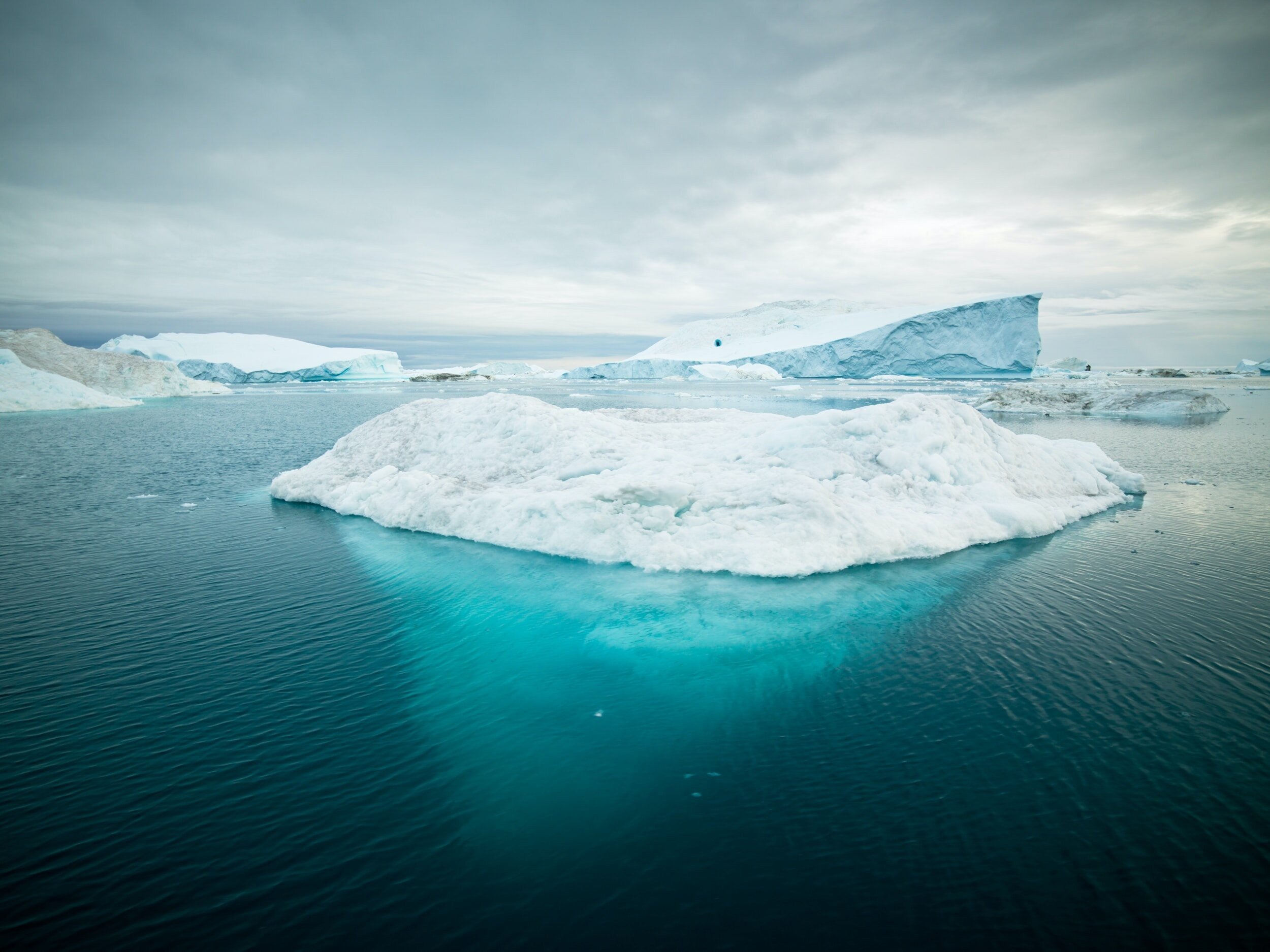A new study paints a stark picture: changes in Earth’s polar regions, often overlooked in discussions about climate change, pose a serious and growing threat to global health.
While melting ice caps and rising sea levels grab headlines, this research highlights the interconnected web of impacts these shifts trigger, extending far beyond the Arctic and Antarctic and affecting human well-being worldwide. Published in Ambio, the study, led by Professor Gail Whiteman at the University of Exeter Business School, meticulously maps the complex relationship between polar changes and global health consequences.
The key takeaway? Current models underestimate the full scope of these impacts. They don’t fully account for the cascading effects on everything from food security to mental well-being.
Beyond the Freeze: How Polar Warming Impacts Health
The study reveals a worrisome chain reaction driven by polar warming, which occurs at twice the rate of global average temperatures:
- Weather Whiplash: Weakening jet streams and disrupted ocean currents fueled by melting ice are predicted to trigger more frequent and intense extreme weather events. This translates into an increase in injuries, fatalities, and mental health issues across the globe.
-
El Niño on Steroids: A seasonally ice-free Arctic could amplify El Niño episodes, leading to more severe heat waves, particularly in tropical regions. This intensifies existing threats from heatstroke and respiratory illnesses.
-
Disease Spread and Contamination: Rising sea levels driven by melting ice sheets increase the risk of saltwater intrusion into freshwater sources. This can contaminate drinking water, potentially leading to a surge in pre-eclampsia during pregnancy, infant mortality, and various types of cancer.
- Food Security Under Fire: Polar warming disrupts global weather patterns crucial for agriculture. Shifts in precipitation and temperature can lead to reduced crop yields, triggering malnutrition-related diseases worldwide.
Arctic Peril: Unique Threats Within a Warming World
The Arctic itself faces unique dangers:
- Emerging Pathogens: Melting permafrost releases ancient pathogens trapped for centuries, potentially unleashing new outbreaks of diseases like the 1918 influenza virus.
- Infrastructure Strain and Pollution: Thawing permafrost undermines infrastructure and exposes long-dormant pollutants. This can contaminate air and water sources, further impacting health.
Traditional food sources in the Arctic are also threatened by changes in ocean ecosystems, adding to malnutrition rates and increasing existing health problems like kidney failure and cardiovascular disease within vulnerable Arctic communities already struggling with limited healthcare access.
A Global Call for Action: Recognizing Polar Health Impacts
The study emphasizes the urgent need to integrate these amplified health risks into global health policy planning. Professor Whiteman stresses that ignoring the potential consequences of polar change is no longer an option. She calls for strengthened international collaboration between climate scientists, health professionals, and data experts to mitigate these threats effectively.
The message is clear: the fate of global health is intertwined with the health of our planet’s most vulnerable regions – the poles. Addressing this interconnected crisis requires immediate action and global cooperation.
